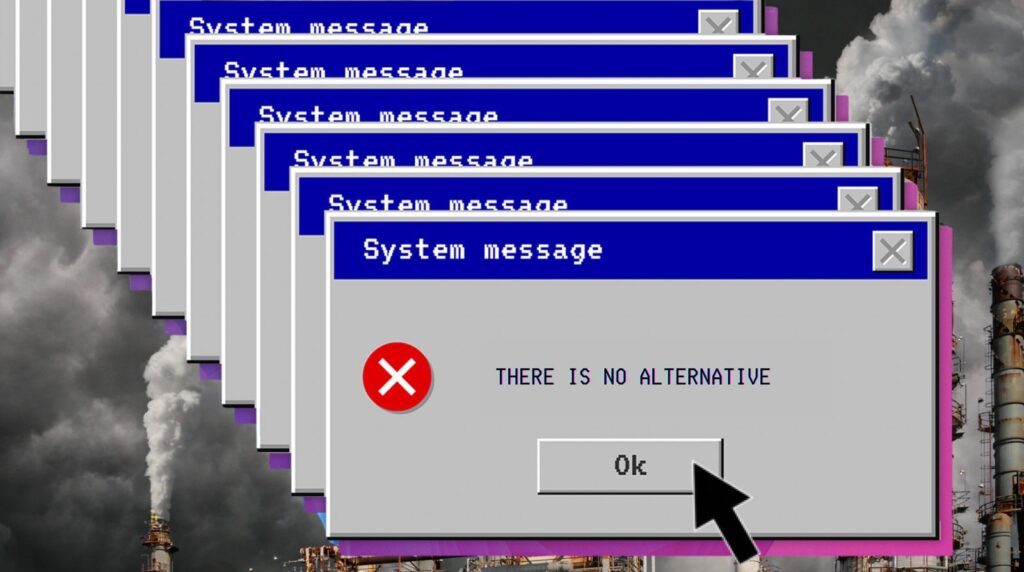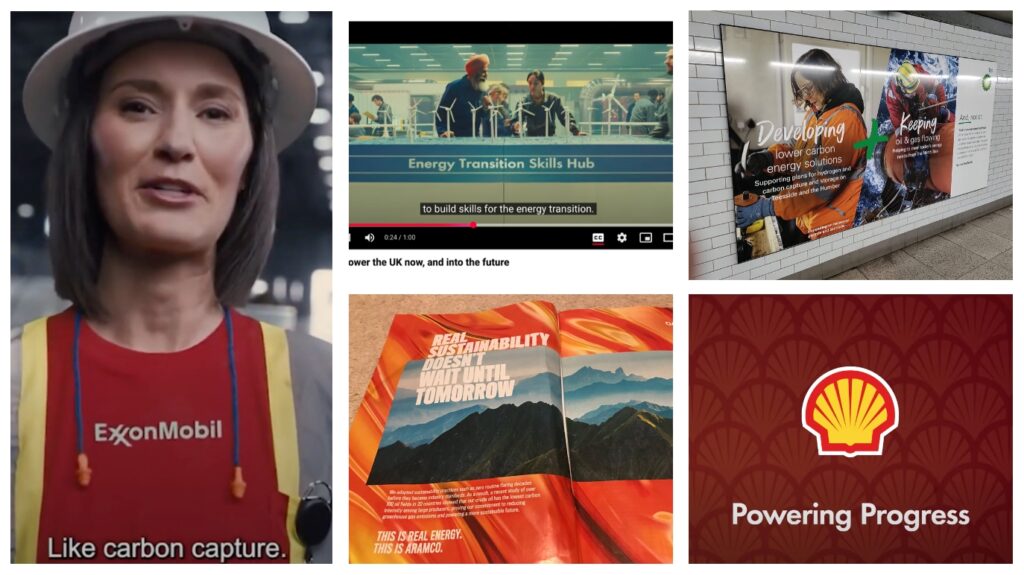Introduction: the story so far
I’m delighted to be writing today as the co-author of a new report called ‘We need to talk about adaptation’. This report is co-produced by the Climate Majority Project and the Glacier Trust (a leading adaptation-action NGO, mainly active in the global South). What we did together is investigate how much the biggest environmental organisations are talking about (and what they are doing about) climate adaptation now, in 2025. And here is the interesting bit: the same analysis was conducted in 2020. So we were able to compare then with now.
The comparison was somewhat encouraging. Let me explain:
The good news: adaptation is no longer sidelined
For too long, climate adaptation — how we live with impacts and redesign systems for resilience— was sidelined and misunderstood. A 2020 baseline, the last time the ‘We need to talk about adaptation’ report was conducted, found adaptation to be a “very marginal topic”, at the level of communications at least (Some organisations, such as the RSPB, were already implementing it, and publishing research about it, but were not centring it in their mainstream comms strategy).
Since 2020, what we found is that the conversation around adaptation has undergone a profound strategic and qualitative shift among the five organisations studied (Friends of the Earth UK, WWF UK, Greenpeace UK, RSPB, and the Green Party). Adaptation has moved from a marginalized, barely-mentioned topic to a fairly central, public-facing, and sophisticated component of their climate agendas. The discourse has broadened to accept that some level of severe climate impact is now unavoidable, compelling a dual strategy of prevention and preparedness.
Adaptation: the unavoidable, non-negotiable reality
However, it’s important to add that the findings of this report are a wake-up call, not a celebration. The UK’s leading environmental organizations—WWF UK, Greenpeace UK, Friends of the Earth, RSPB, and the Green Party—have dramatically increased their communication on climate adaptation since 2020, and this shift represents their decisive realization that climate strategy must meet the worsening reality on the ground. Adaptation is no longer the quiet, secondary concern; it is the unavoidable, non-negotiable reality of what we do in bringing about an effective response to our climate breaking down.
In other words: the fact that there has been such a marked uptick in talk about adaptation is itself evidence of the emerging reality… one in which terrifying impacts are here, and bound to worsen for a long time to come.
The new narrative is strong, but not loud enough
The qualitative shift is profound: organizations are now fighting for adaptation in the courtroom (FoE, which has achieved huge media impact in its court cases against the government on climate adaptation); the financial sector (WWF); the policy floor (Green Party, RSPB); literally on the ground (RSPB), and through the lens of social justice (Greenpeace). They are using visceral, tangible stories — the flooded home, the heat-stricken elder, the collapsing supply chain — to replace abstract talk of ‘mitigation’ or ‘parts per million of carbon dioxide’, and so on.
But this hard truth remains: For most of these organisations most of the time, as for climate politics and policy and activism at large, a greater focus still tends to remain on mitigation and decarbonisation than on impacts and adaptation. That is why a key recommendation of our report is that the still-prevailing mitigation discourse must be seamlessly integrated with adaptation. It must no longer prevail over adaptation. The overall volume of ‘net zero’ messaging—a concept that can sometimes feel very abstract or alienating to the public—must be recalibrated to foreground the vital conversation about immediate impacts and resilience. This conversation can unleash a full-spectrum awareness of the immediacy, importance and actionability of climate concern: thus over time, and crucially, rebooting decarbonisation programmes too.
The ultimate challenge: from talk to mobilization
We must also soberly recognise the vast scale of the challenge now before us. The UK’s independent climate advisers, the Climate Change Committee (CCC), recently warned that the country is “not yet adapted” even to current levels of warming, “let alone” what is expected to come. The CCC has urged the government to ensure the UK can cope with at least 2°C of global warming by 2050, supported by a framework of clear long-term objectives, departmental accountability, and regular five-year adaptation targets. Our collectively upticked communications, therefore, have absolutely not yet translated into the wartime-style mobilization that the crisis demands.
This is a moment of unprecedented leverage: Our report shows that environmental organizations collectively hold over half the share of voice on adaptation. It is time to stop treating adaptation as a policy ‘add-on’ and mainstream it in all climate work, including obviously communications.
The opportunity is not just to talk more about adaptation, but to speak better, braver, and more boldly. We can collectively use our dominant platform to:
- Dismantle the optimism imperative: Be honest about the post-1.5°C world we are entering, to foster a realistic, action-oriented public understanding of climate risk.
- Make it local and tangible: Translate high-level strategy into visible, on-the-ground examples that empower citizens and local authorities to build fairly immediate, community-led resilience.
- Effect a wide and effective appeal: Adaptation is less polarising than ‘mitigation’ / ‘net zero’ and more relevant, to the well-off as much as to the poor. Let’s make impacts — and strategic adaptation to them — what people first think about when they think about climate. Then, when they/we talk about climate, what they/we talk about will resonate.
The age of consequences is here. Which means that the Age of Adaptation is here. The conversation is really just beginning, and we must raise the volume in a calculated manner until it enables sufficient — and sufficiently smart – action.
Subscribe to our newsletter
Stay up to date with DeSmog news and alerts







